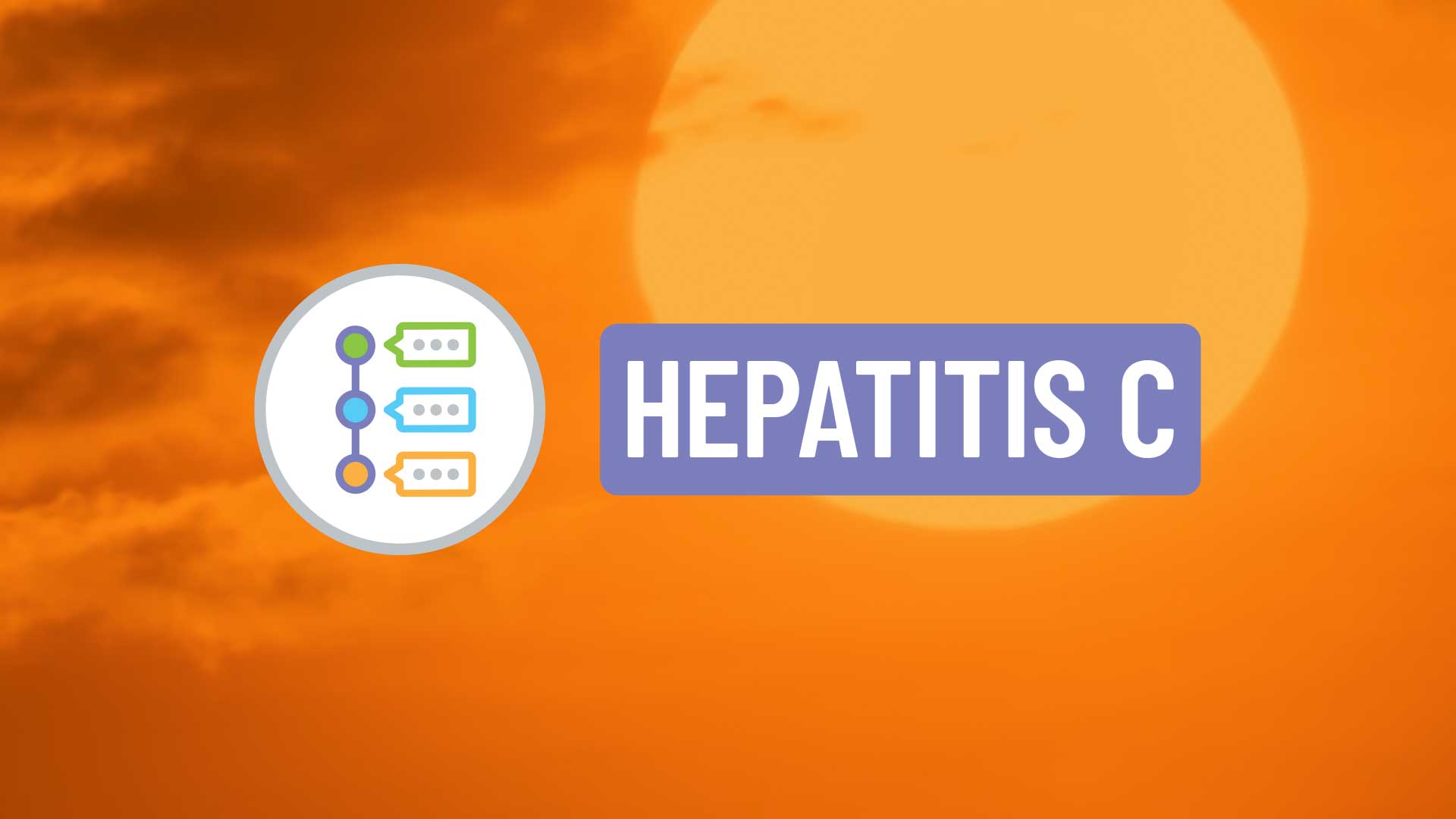The schedule presented here is subject to change as the agenda is finalized.

« All Events
Hepatitis C Track, Session 3: Patient Navigation to Improve HCV Health Outcomes
May 31, 2024 @ 10:45 am–12:15 pm EDT

- Using Peer Navigators and Harm Reduction to Improve Priority Population Healthcare Outcomes
The stigmas surrounding sexual health and drug user health, as it relates to HIV and HCV prevention and treatment, is almost as deadly as the epidemics themselves. As seen through the eyes of people living in vulnerable settings, attendees will gain a better understanding of the barriers and challenges faced by these populations. Through years of data collection and multiple collaborations with our non-profit organization, Hope on T.T.a.P.P., founded and ran by PLWH and people with lived experience, we have created an interactive learning session that will guide attendees on how to implement innovative care approaches that foster more welcoming inclusion of marginalized individuals.
- Meeting Patients Where They Are: Creating Access to Prevention at an FQHC
This presentation will address the syndemic of HIV, HCV, STIs and its intersection with sexual health education. As an FQHC with limited resources, our team sought creative solutions to addressing gaps in the delivery of Comprehensive Prevention Services (CPS) by including patient navigators (PNs) at point of care. Joseph P. Addabbo Family Health Center’s novel approach to addressing the comprehensive sexual health needs of the patients and communities SYNC to provide convenient, culturally responsive education, testing, and prevention services to minority and underserved communities.
- Hepatitis C Micro-elimination Through Patient Navigation of Individuals Experiencing Elevated Risk In a Healthcare System
This presentation will describe the process and outcomes of a coordinated patient navigation system operating from 2022 to the present at MedStar Health in Maryland, DC, and Virginia. The program focuses on navigating patients diagnosed with hepatitis C at MedStar Health throughout the care cascade including specialist appointments, treatment initiation, treatment completion, sustained virologic response (SVR) testing, and re-testing for individuals with continued risk. Uniquely, this program integrates peer navigation and referrals to behavioral health to improve outcomes. Interval outcomes and key lessons learned will be discussed.





